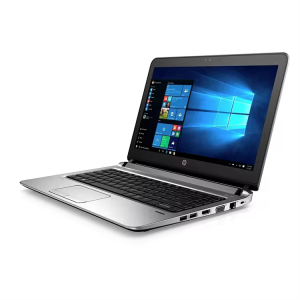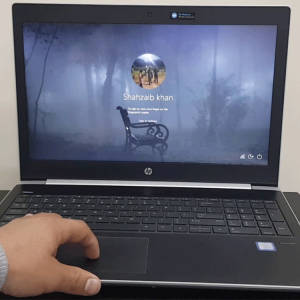Should a laptop still be plugged in when it's at 100% battery?
The Impact On Battery Health
laptop primarily uses lithium-ion batteries, which differ from older nickel-based batteries in that they do not suffer from “memory effect.” This means partial discharge and frequent recharging do not lead to capacity loss. Lithium-ion batteries are designed to handle frequent charging cycles and incorporate mechanisms to stop charging once fully charged, thus preventing overcharging and reducing physical damage risks. Keeping the laptop plugged in until fully charged does not significantly harm the battery. Once fully charged, it automatically switches to a power-saving mode, bypassing the battery and using the AC adapter directly.
In Terms Of Performance
From a performance perspective, keeping a laptop plugged in offers several advantages. It ensures a stable power supply, which is crucial for tasks requiring high processing power or extended use. This stability can prevent interruptions caused by battery depletion.
On the other hand, frequent charging and discharging cycles (deep cycles) over time can potentially degrade battery performance. For users who primarily use their laptops in a fixed location, keeping it plugged in can reduce the frequency of these cycles, thus extending battery life.








